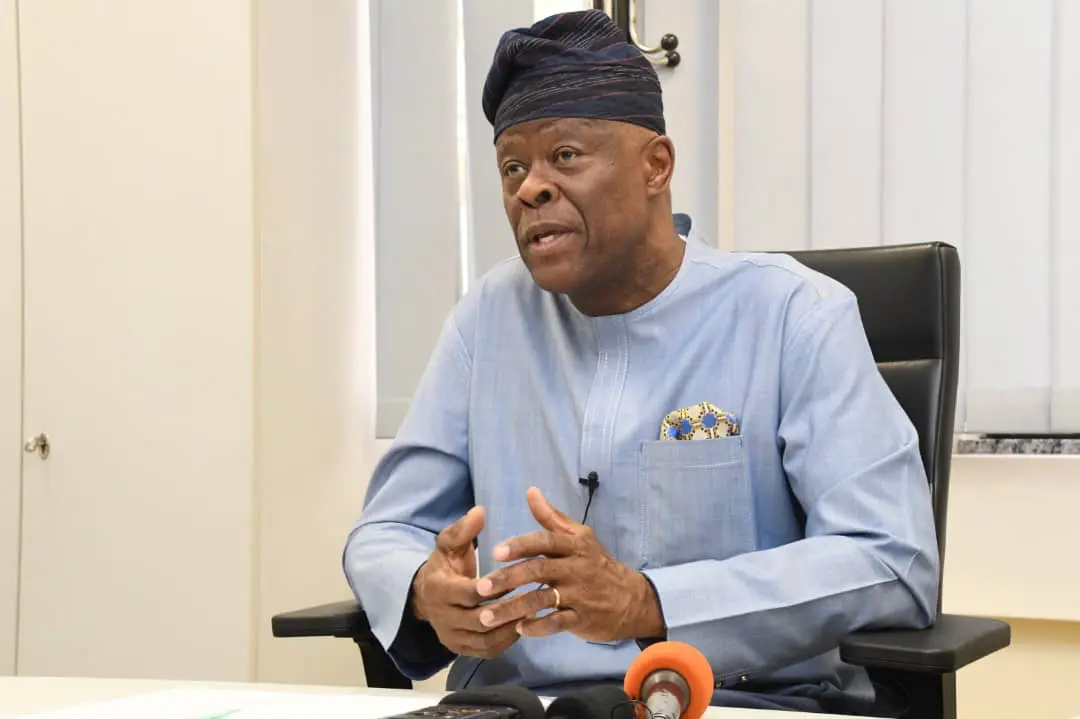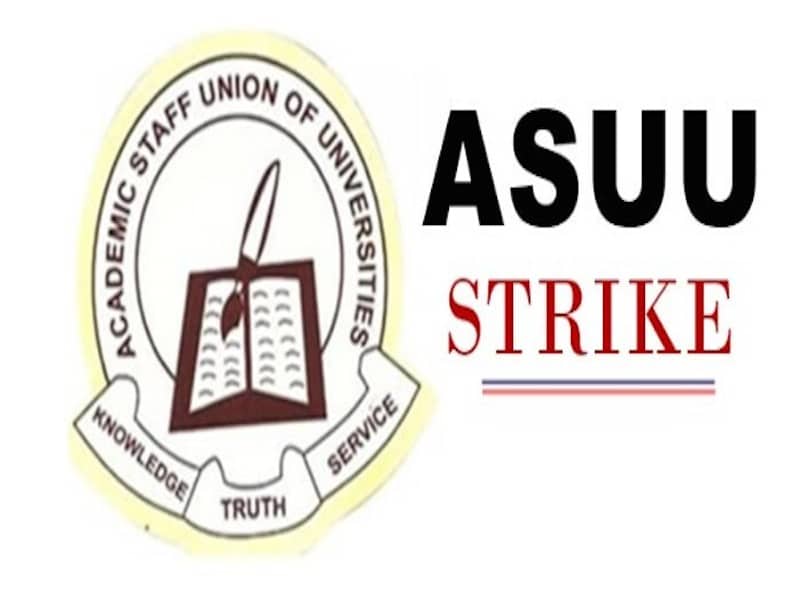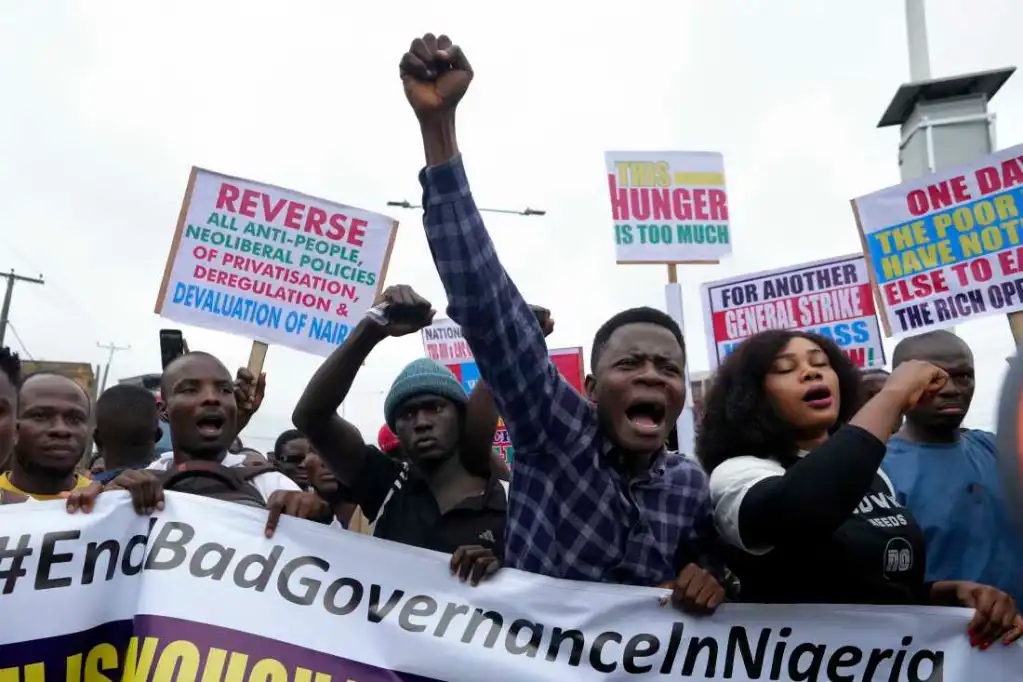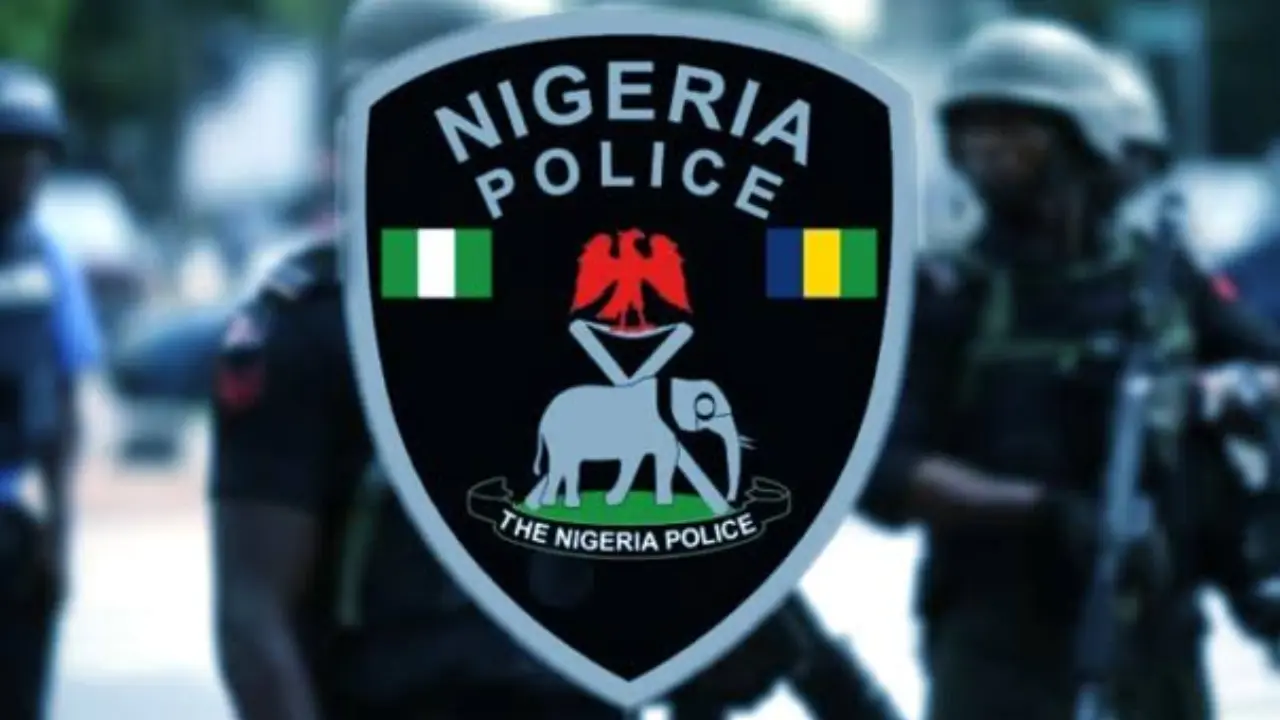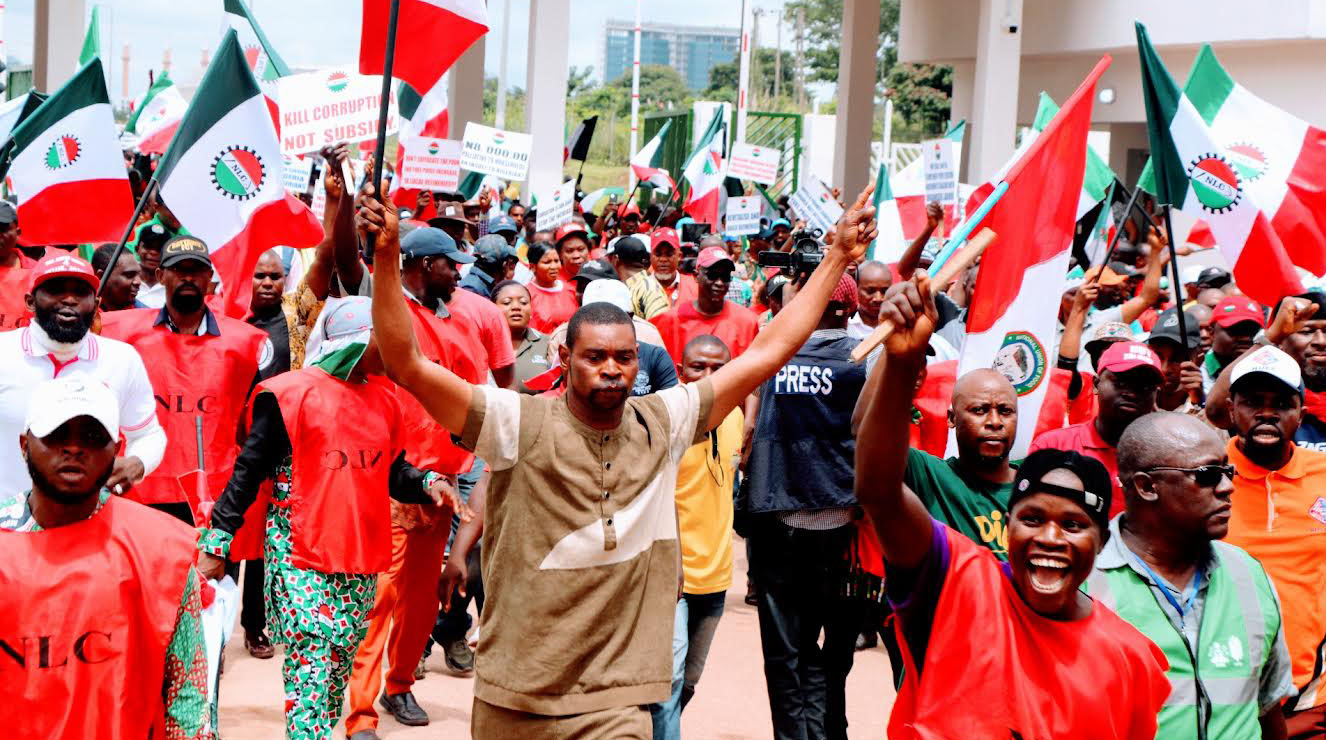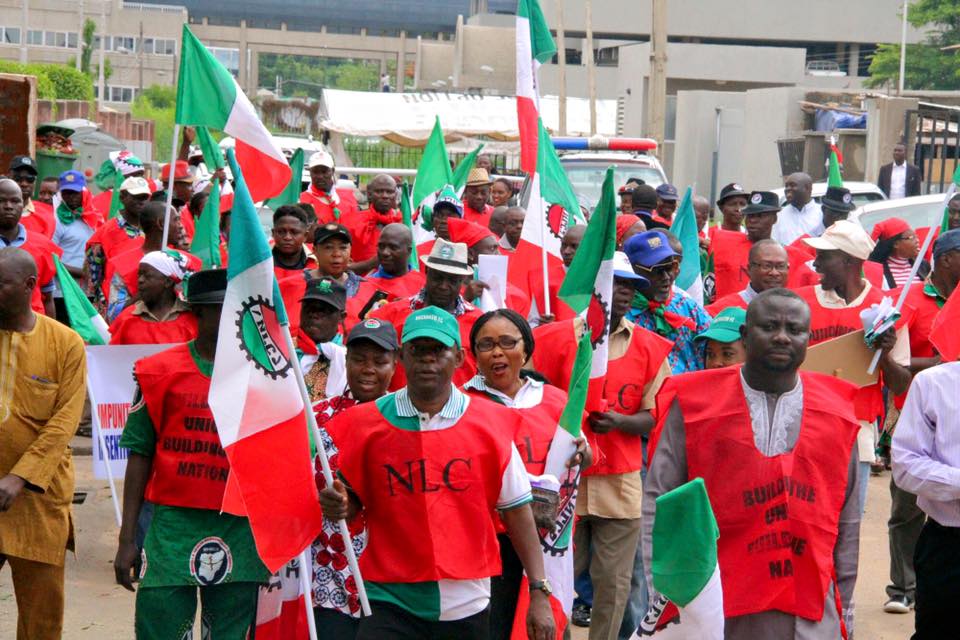BY OTU EUNICE UKAMAKA
Introduction: Nigeria, a nation with rich cultural diversity and abundant resources, faces a persistent challenge that impedes its progress and development – corruption. This deeply-rooted issue has woven itself into the fabric of Nigerian society, affecting various sectors and hindering the country’s potential for growth and prosperity
Understanding Corruption: Corruption is the abuse of power for personal gain, often at the expense of the common good. In Nigeria, this takes various forms, including bribery, embezzlement, nepotism, and fraud. The detrimental effects of corruption are widespread, affecting government institutions, businesses, and the daily lives of citizens. Corruption has seeped into every corner of society in Nigeria to the point where the country becomes an unlivable place. The country started to fall apart from a very long time but following the recent 2023 presidential elections it seemed like Nigerians had fallen even deeper into a hell of a country.
The youths especially felt a deep sense of disillusionment after the rigged 2023 elections. Peter Obi stood as a representative for youths, for a brighter Nigeria and for a non corrupt society but due to the generational corruption and tribalism deeply rooted in Nigeria we couldn’t have a free and fair election and all hopes seemed to be lost.
In just less than a year Nigeria has experienced one of the worst economic crises due to incompetent governance from a president that majority of the country didn’t even vote for. Naira continues to lose so much value everyday and the cost of living keeps rising, this makes one wonder how less than average people live and feed in such trying situations.
Impact on Governance: Corruption within government institutions undermines the effectiveness of public services. Misallocation of funds, embezzlement, and bribery lead to weakened infrastructure, subpar education systems, and inadequate healthcare. This erodes public trust in the government, perpetuating a cycle of inefficiency and disillusionment.
Economic Consequences: Corruption acts as a significant deterrent to foreign investment, hindering economic growth. When businesses encounter corrupt practices, they face increased operational costs and uncertainties, which discourages both local and international investors. This results in stunted economic development and limits opportunities for job creation.
Combating Corruption: Addressing corruption requires a multifaceted approach involving legal, institutional, and societal changes. Strengthening anti-corruption laws, ensuring transparent governance, and fostering a culture of accountability are crucial steps. Additionally, empowering citizens with education and awareness can create a collective demand for ethical practices. While corruption remains Nigeria’s biggest challenge, there is hope for positive change. By acknowledging the issue and collectively working towards eradicating corruption, Nigeria can unlock its true potential and build a future where prosperity, fairness, and progress prevail. It’s a journey that demands commitment, but the destination is a Nigeria that thrives on integrity and transparency.




